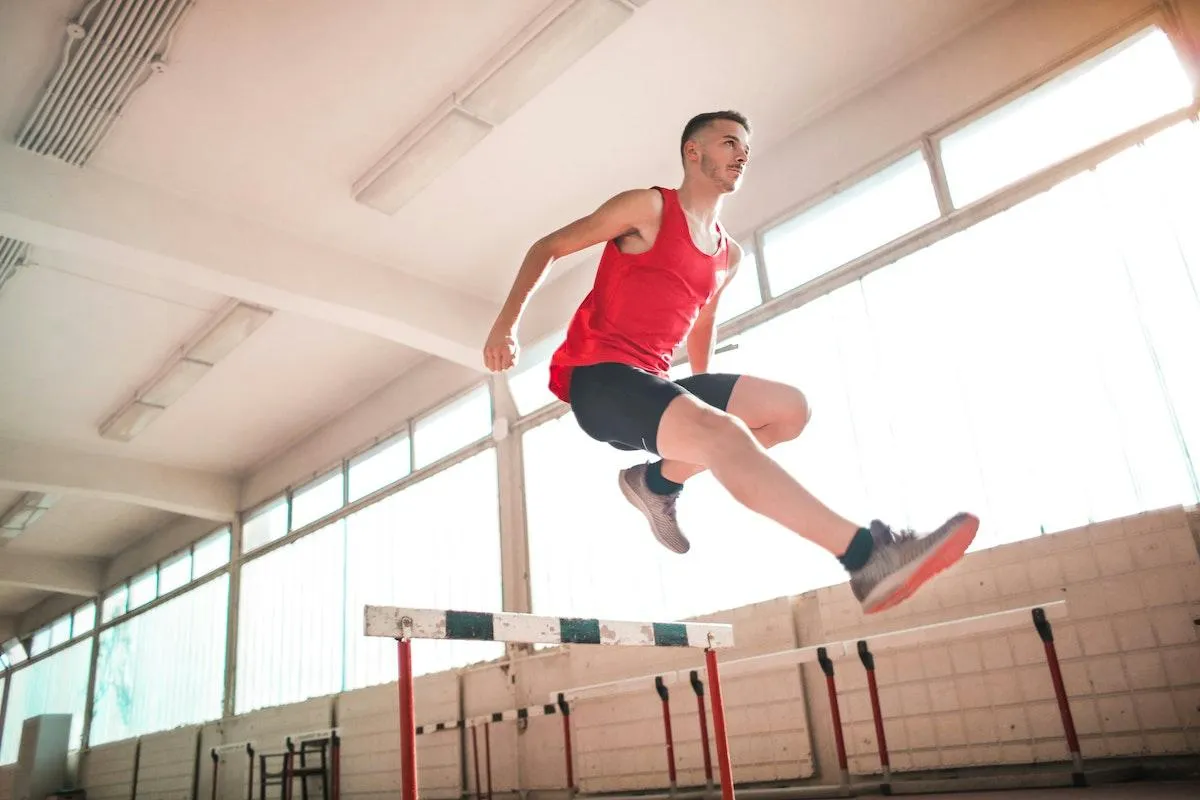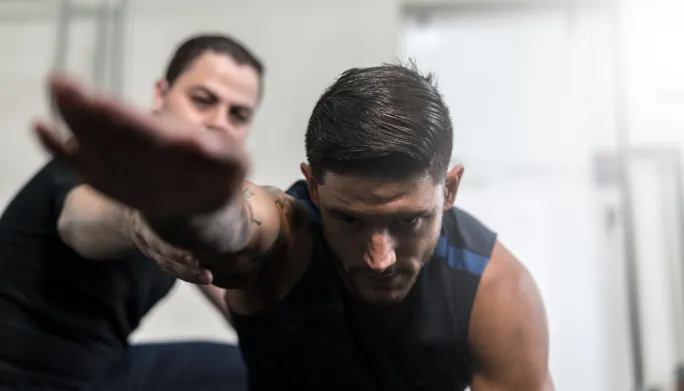In the quest for physical fitness and athletic excellence, individuals often turn to sports performance training to enhance their skills and achieve their goals. If you’re interested in learning more about sports performance training, you can check our resource here.
Whether you’re a professional athlete or simply enjoy recreational sports, engaging in sports performance training can offer a wide range of benefits that can positively impact your performance, health, and overall well-being. In this article, we will explore eight significant advantages of sports performance training.
What Is Sports Performance Training?
Sports Performance Training is a specialised and systematic approach to conditioning aimed at enhancing an athlete’s overall abilities and skills in their chosen sport. It encompasses a variety of exercises, drills, and techniques tailored to the specific requirements of the sport.
Athletic performance training is designed to improve an athlete’s speed, strength, agility, and endurance. In essence, it’s a comprehensive regimen that goes beyond regular fitness training to fine-tune an athlete’s performance capabilities.
Why Athletes Should Consider Performance Training
Athletes, both amateur and professional, should seriously consider performance training due to its potential to provide a significant competitive edge. Performance training equips athletes with the tools they need to excel in their sport.
It’s not only about physical conditioning but also about mental preparation, injury prevention, and skill refinement. By investing in performance training, athletes can maximize their potential and achieve better results on the field, court, or track.
The Benefit of Sports Performance Training

The benefits of sports performance training are extensive and encompass various aspects of an athlete’s life. It offers the potential for:
Performance Optimization
By fine-tuning skills, improving strength, and enhancing endurance, athletes can perform at their absolute best while optimizing their physical and technical capabilities through performance athlete training.
Improved Technique
Athletes learn to execute movements with precision, which can lead to improved efficiency and reduced energy wastage during competitions.
Improved Strength and Power
Performance training includes targeted strength-building exercises, enabling athletes to generate more force and power in their movements.
Enhanced Endurance and Stamina
Understanding how to train athletes is crucial. Sustaining prolonged effort includes cardiovascular conditioning, which significantly improves an athlete’s ability and enhances endurance and stamina.
Lower Chance Of Injury
Athletes are taught techniques and exercises to strengthen vulnerable areas, maintain proper form, and reduce the risk of injuries, ensuring they can train and compete consistently.
Isolating Weaknesses
By identifying areas that need improvement, athletes can tailor their training to address specific weaknesses, resulting in more balanced and well-rounded abilities.
Mental Improvements
Sports performance isn’t just about physical prowess; mental conditioning is equally important in helping athletes develop resilience, focus, and confidence to perform under pressure.
Study suggests that participation in sports positively influences their mental and social health. Sports can contribute to improved self-esteem, teamwork, and overall emotional development in young individuals, promoting a healthier and more balanced outlook on life.
More Enjoyment & Less Burnout

Athletes often find that as they improve their skills and reduce their risk of injury through performance training, they enjoy their sport more. This can lead to reduced burnout and a longer and more fulfilling athletic career.
Conclusion
Sports performance training is the key to unlocking your athletic potential. It improves strength, technique, and endurance while reducing the risk of injury. This holistic approach enhances not only your physical but also mental resilience, making it suitable for athletes at all levels. Plus, the enjoyment it brings can lead to a lasting love for sports.
If you’re ready to embark on this journey to peak performance, consider improving your sports performance with ChangeTheGamePT or learn more about our specialized training for endurance sports definition. Whether you’re a beginner or a seasoned athlete, this specialized training offers a path to improved performance and well-being that’s worth pursuing.
FAQs
Q: Is sports performance training suitable for beginners?
A: Sports performance programs are adaptable, catering to individuals of all fitness levels, including beginners. For newcomers, the focus is on establishing a strong foundation in strength, agility, and technique. Coaches adjust exercise intensity and complexity to suit each individual’s starting point, progressing as confidence and experience grow.
According to ary Winfrey-Kovell, an exercise science lecturer at Ball State University, “Establish achievable goals for yourself. Any form of movement is preferable to none.”
For individuals who haven’t engaged in much strength training, especially if it’s been some time, experts recommend commencing with brief yet regular strength workouts.
Q: Do I need specialized equipment for sports performance training?
A: Sports performance programs differ in equipment requirements. While some advanced exercises may require specialized gear like weights or resistance bands, many fundamental drills can be done with minimal equipment or just your body weight. Trainers create versatile programs that suit various settings, accommodating those with limited resources. Discuss your equipment availability with a trainer to develop a suitable plan.
Q: Can sports performance training help with weight loss?
A: Although the primary goal is improved performance, sports performance training’s high-intensity workouts can support weight management. Regular sessions, combined with a balanced diet, contribute to calorie expenditure and fat loss. While not a direct weight loss program, it complements a healthy lifestyle and enhances overall fitness and well-being.
A study shows that exercise training benefits adults with overweight or obesity by improving body weight and composition. It leads to reduced body weight, total fat, and visceral adipose tissue.
We recommend assessing the individual’s initial health status thoroughly to define precise clinical goals and consider personal preferences when designing exercise programs for adults with overweight or obesity.


